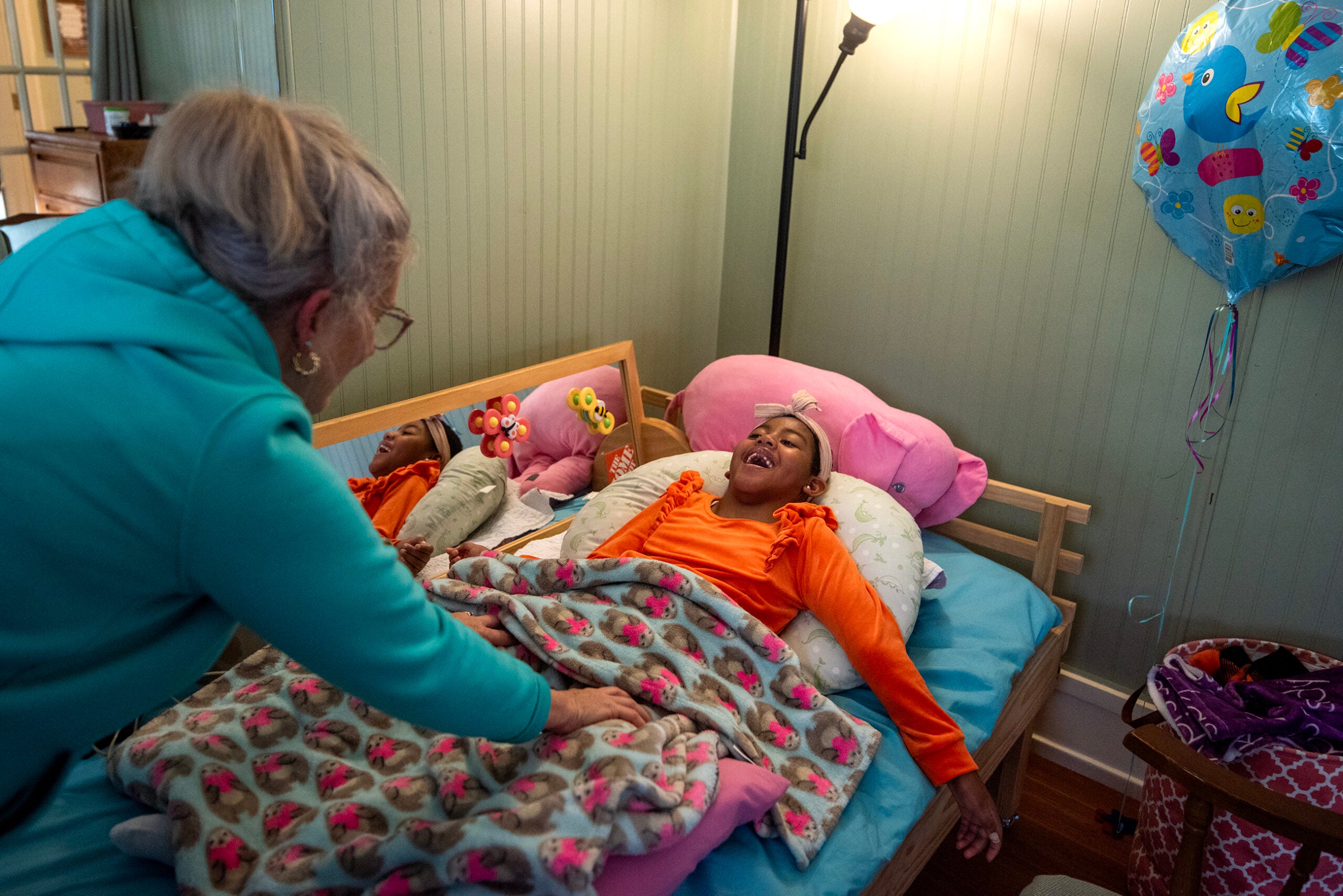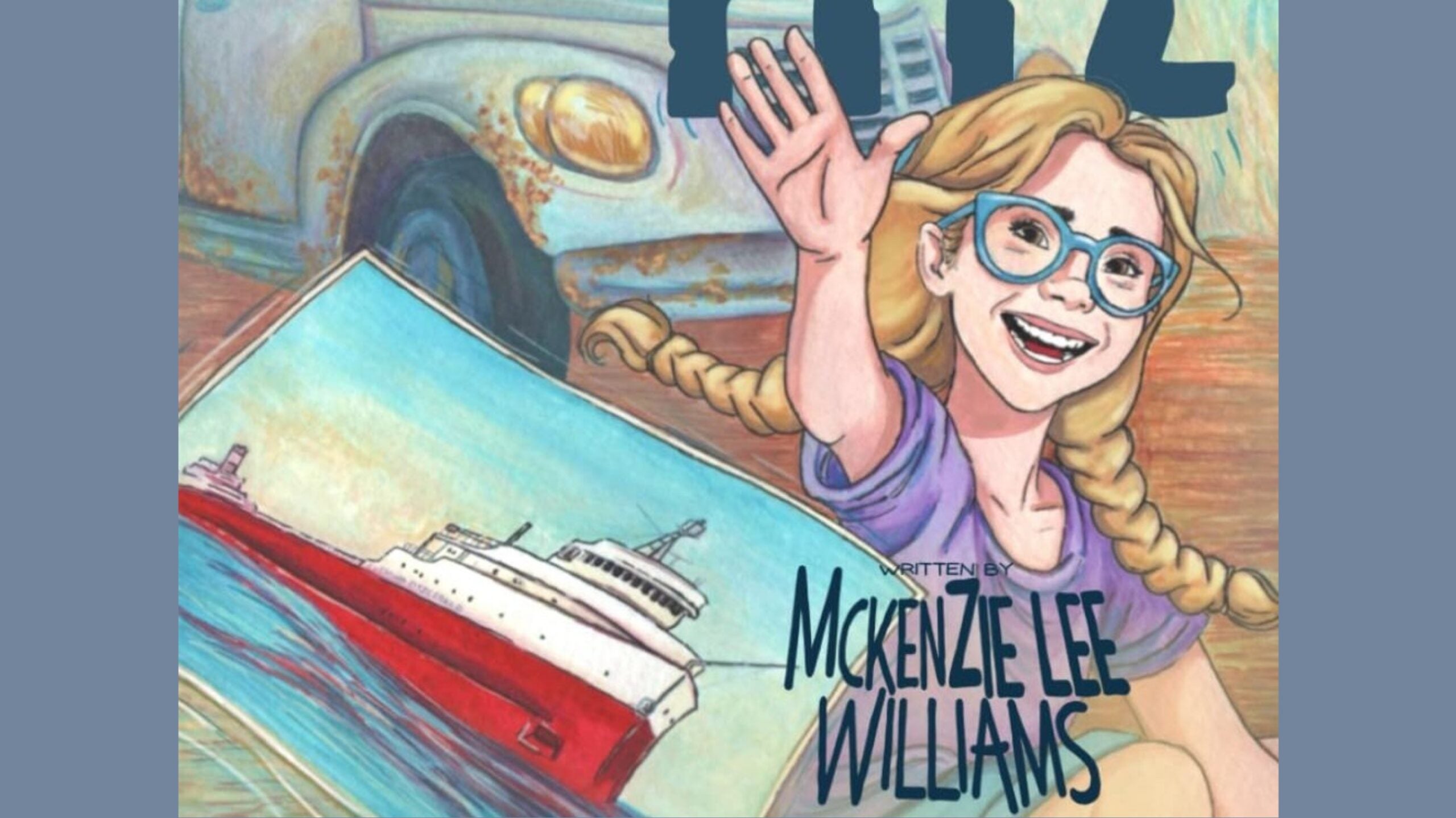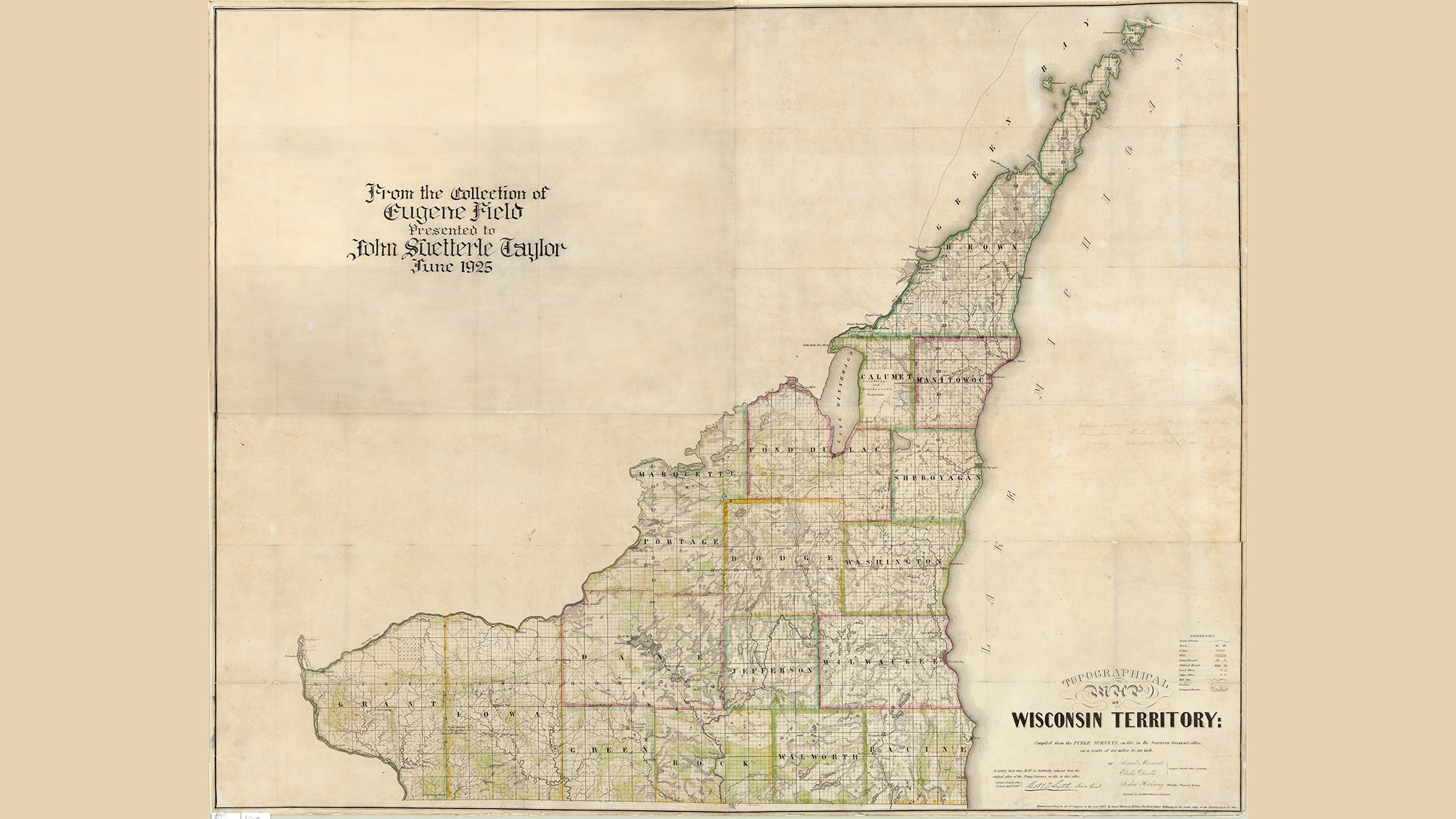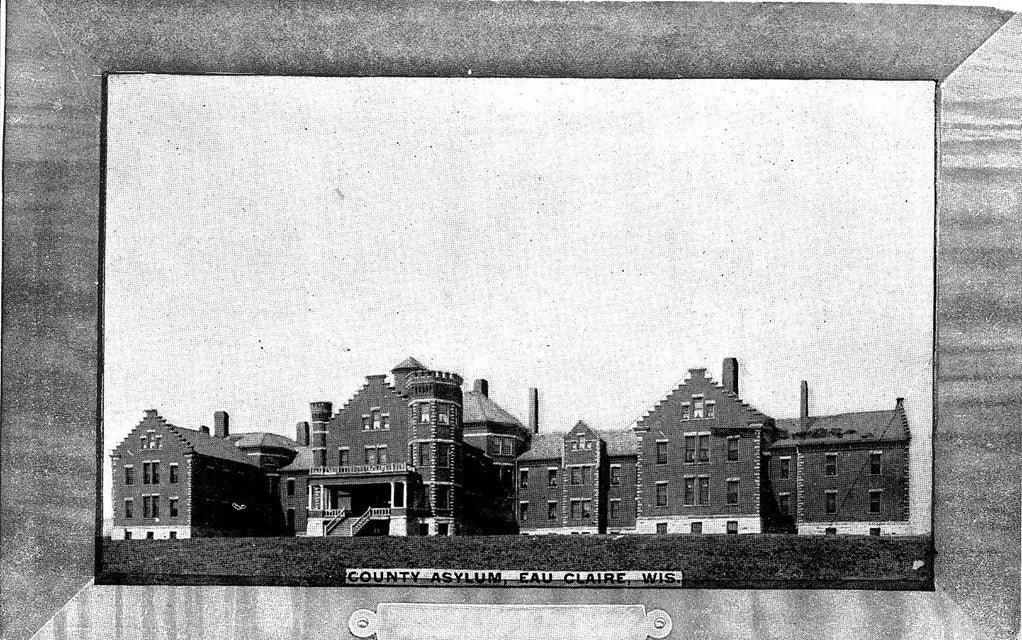Eau Claire native Ann Lowry always liked her great-great aunt’s name, Marit Sletmo.
So, when Lowry wanted to name her daughter Marit, her mother’s reaction stayed with her.
“My mother said, ‘No, you can’t do that. Marit was insane,’” Lowry recently recounted on WPR’s “Wisconsin Today.”
News with a little more humanity
WPR’s “Wisconsin Today” newsletter keeps you connected to the state you love without feeling overwhelmed. No paywall. No agenda. No corporate filter.
This reaction started Lowry on a journey uncovering the family secret of her great-great aunt. Her genealogical research revealed little, but Lowry believes Sletmo was committed to an institution where people with mental illness were confined in the early 20th century.
And then, Sletmo’s place in the family history disappeared.
To reclaim Sletmo’s story, Lowry wrote a fictional book, “The Blue Trunk.” Lowry will present her story and research at the L.E. Phillips Memorial Public Library in Eau Claire as part of a series of presentations titled, “Dirty Laundry: The Dark Side of Genealogy.”
The presentations will focus on how to find information on estranged family members when there are few records to be found and what to do when that search ends in more questions than answers. Presenters will focus on prison records, mental institutions and the Ku Klux Klan in northern Wisconsin.
The series begins Saturday, Nov. 9. The events are:
- “Our Black Sheep Ancestors and Their Prison Records” from 11 a.m. to noon on Saturday, Nov. 9
- “The Blue Trunk, Genealogy Research & Historical Fiction: A Path to Healing” from 6 to 7 p.m. on Thursday, Nov. 14
- “Chippewa County, WI Klanswomen in the 1920s” from 6 to 7 p.m. on Thursday, Nov. 21
Lowry suggested holding some skepticism about what people find, especially when it comes to how society treated women long ago.
“I did a lot of research on women in institutions in the early 1900s and a lot of them were diagnosed with hysteria, which frankly, the list of symptoms is so long any human being could have been diagnosed with hysteria,” she said.
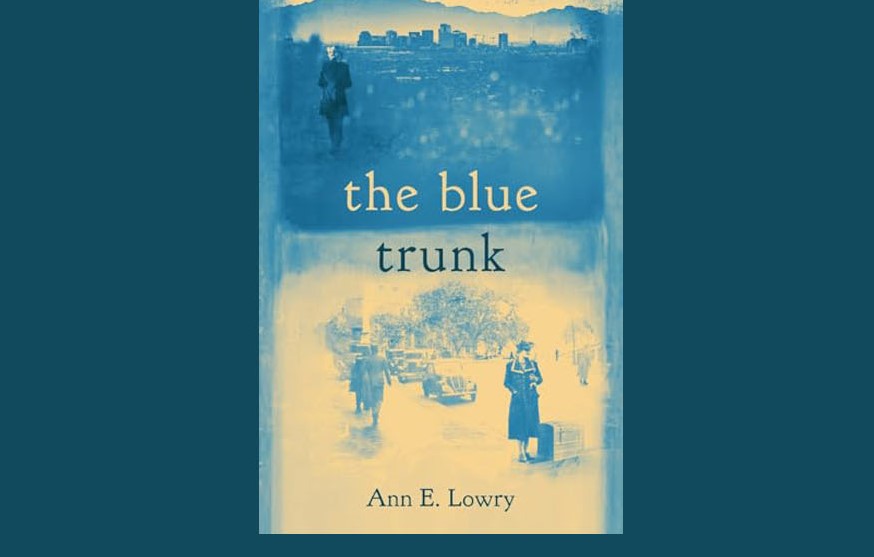
In addition to Lowry’s story, the series will kick off with Eleanor Brinsko, owner of Carlon Genealogical Services in Oshkosh. She discovered her great grandfather and great-great grandfather were both imprisoned. She was curious.
“I thought it was fascinating because I come from a long line of do-gooders,” Brinsko told “Wisconsin Today.”
“It was a branch of the family that we were not allowed to talk about, and so I asked a question of ‘why not,’” she added.
Brinsko has been doing genealogical research for families for over 20 years said has many clients who come across something in their family tree that might bring some shame or embarrassment.
But she encourages families to lean into the why — why did the family member do this?
Her presentation will focus on using prison and legal records, archives, online databases and newspapers to discover forgotten family members.



